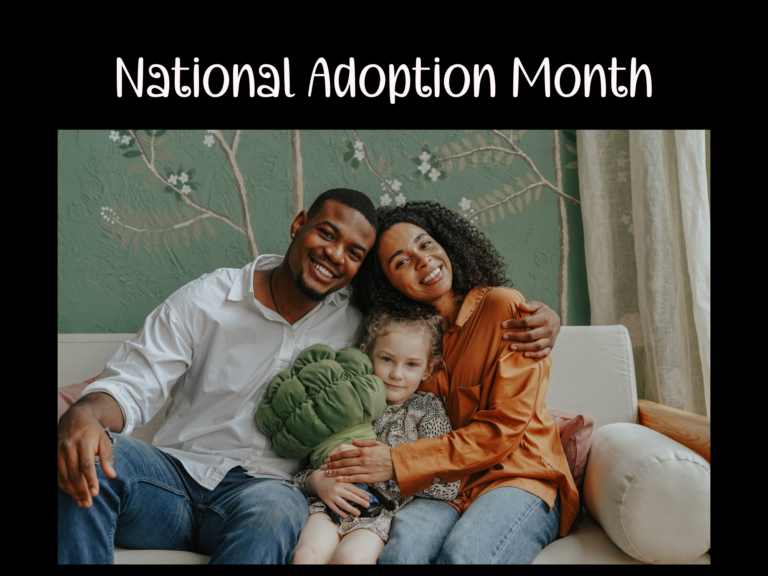
As we approach June 19th, a day of immense historical significance known as Juneteenth, it's important for families of all types, including foster families, to engage in thoughtful ways of celebrating this day. Juneteenth commemorates the emancipation of enslaved African Americans in the United States, marking a pivotal point in American history. Here are ten ways foster families can celebrate Juneteenth and educate children about its significance.
- Learn About the History: Begin by learning about the history and significance of Juneteenth. Many resources, such as books and documentaries, can comprehensively understand this historic day.
- Cook a Juneteenth Feast: Food plays an essential role in Juneteenth celebrations. Traditional foods include red foods and drinks symbolizing perseverance and dishes that pay homage to African American heritage. Plan a family meal with a barbecue, watermelon, and red velvet cake.
- Attend Local Celebrations: Many communities host parades, festivals, and other public events to celebrate Juneteenth. Check your local event listings and consider attending as a family.
- Create a Juneteenth Art Project: Encourage your children to express their understanding and feelings about Juneteenth through art, such as drawing or painting.
- Read Books About Juneteenth: A variety of children's books discuss Juneteenth in an accessible and engaging manner. Titles such as “Juneteenth for Mazie” by Floyd Cooper or “All Different Now: Juneteenth, the First Day of Freedom” by Angela Johnson can spark meaningful discussions.
- Music and Dance: Music has always played a vital role in African American culture and history. Listen to African American music from different eras, and learn about its evolution. You might also learn some traditional dances together as a family.
- Host a Storytelling Session: Storytelling is a powerful way to connect with history. You could invite a local historian, community elder, or storyteller to share stories about Juneteenth and the experiences of African Americans throughout history.
- Visit a Museum or Historical Site: Visit a local museum, historical site, or monument related to African American history. This can provide a tangible connection to the past and spark engaging conversations.
- Plant a Freedom Garden: Gardening can be a therapeutic activity. Planting a “freedom garden” with your foster children can symbolize growth and freedom, key themes of Juneteenth.
- Reflect and Discuss: Take time to reflect on the significance of Juneteenth.
Fostering an understanding of Juneteenth and its importance is a valuable experience for both foster parents and children. By participating in these activities, foster families can strengthen their bonds while promoting a sense of empathy and appreciation for African American history and culture. Remember, celebrating Juneteenth isn't just about marking an event from the past; it's about understanding the struggles and achievements of those who came before us and carrying their legacy forward as we build a more inclusive and equitable society.




